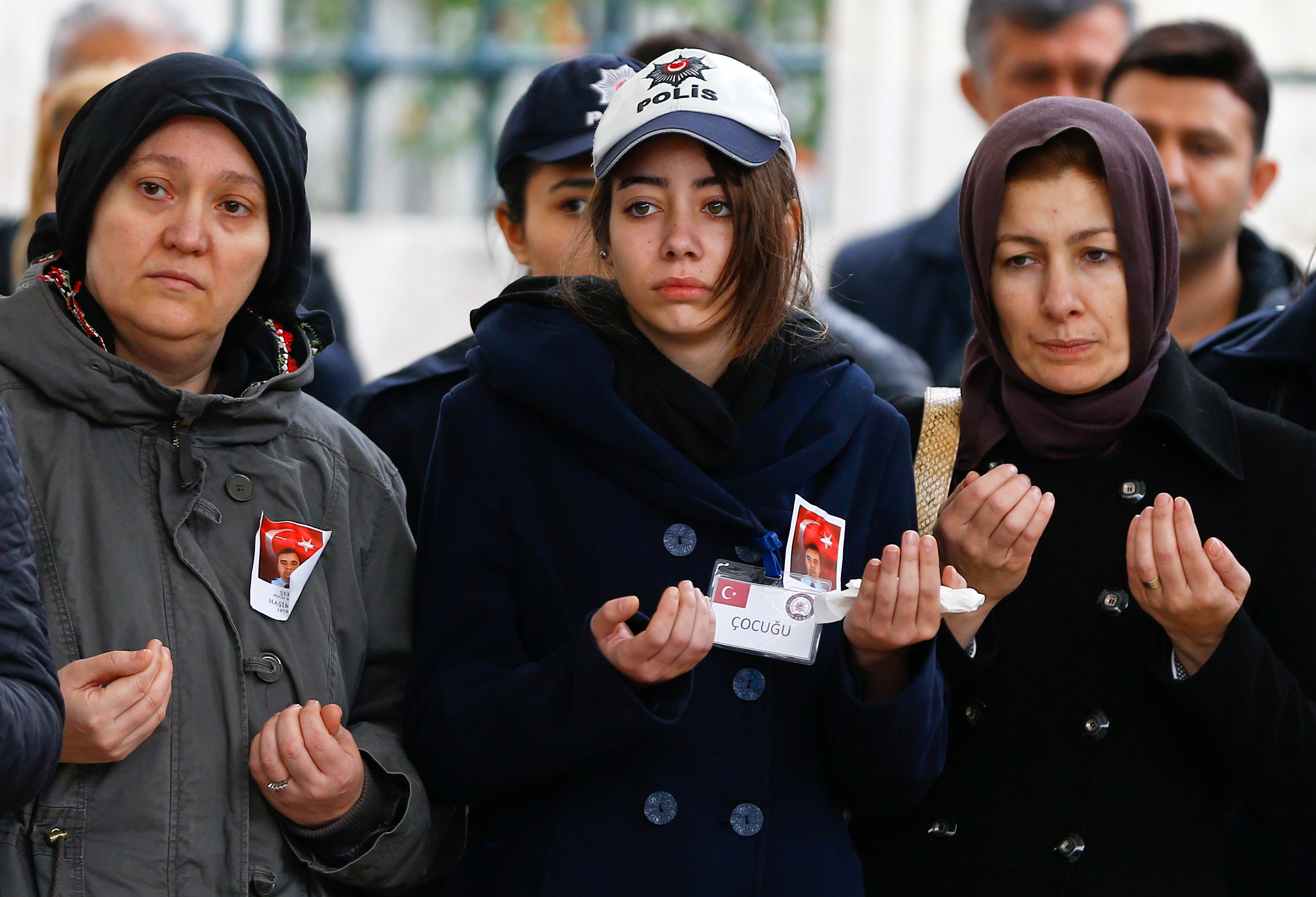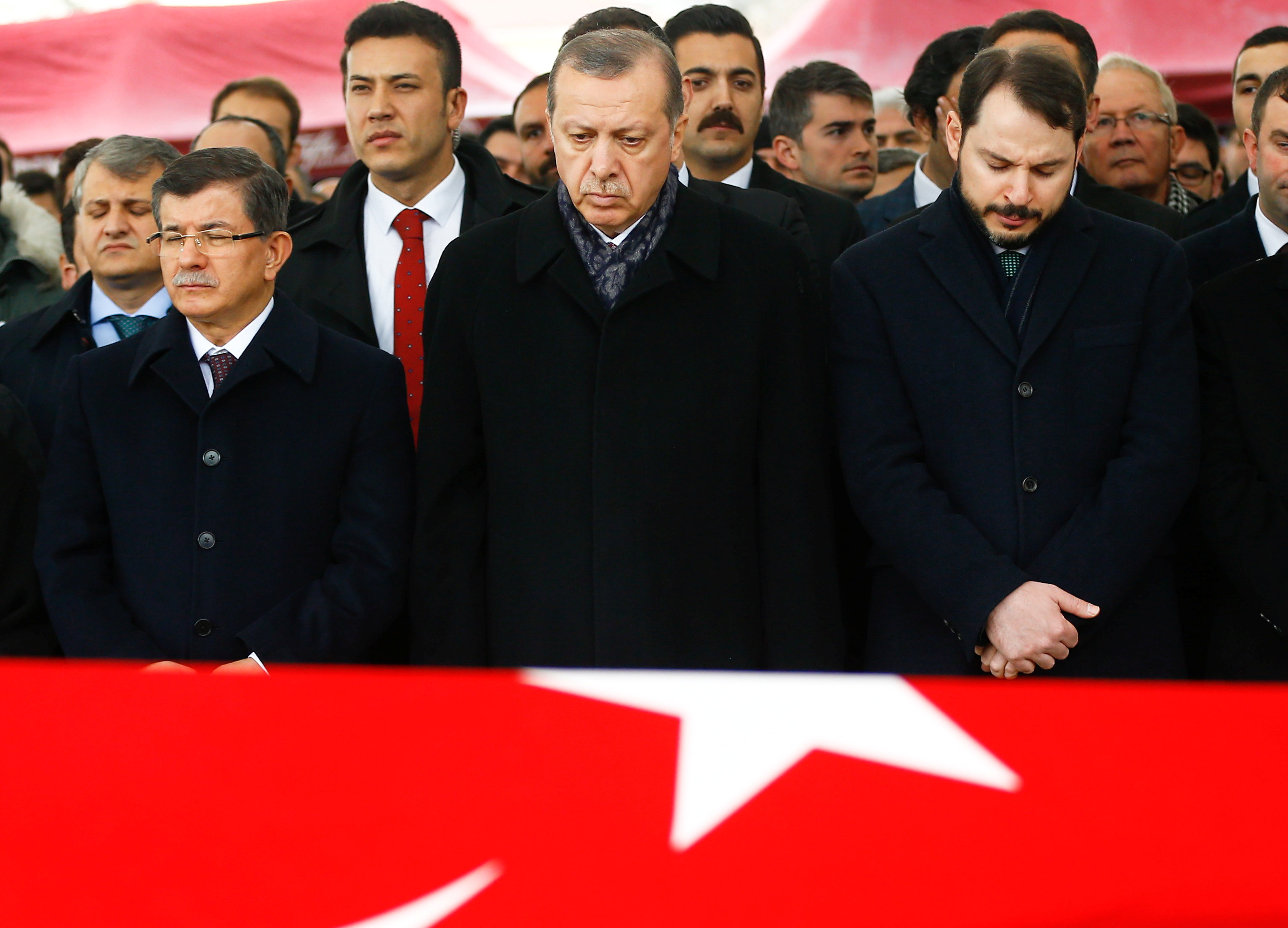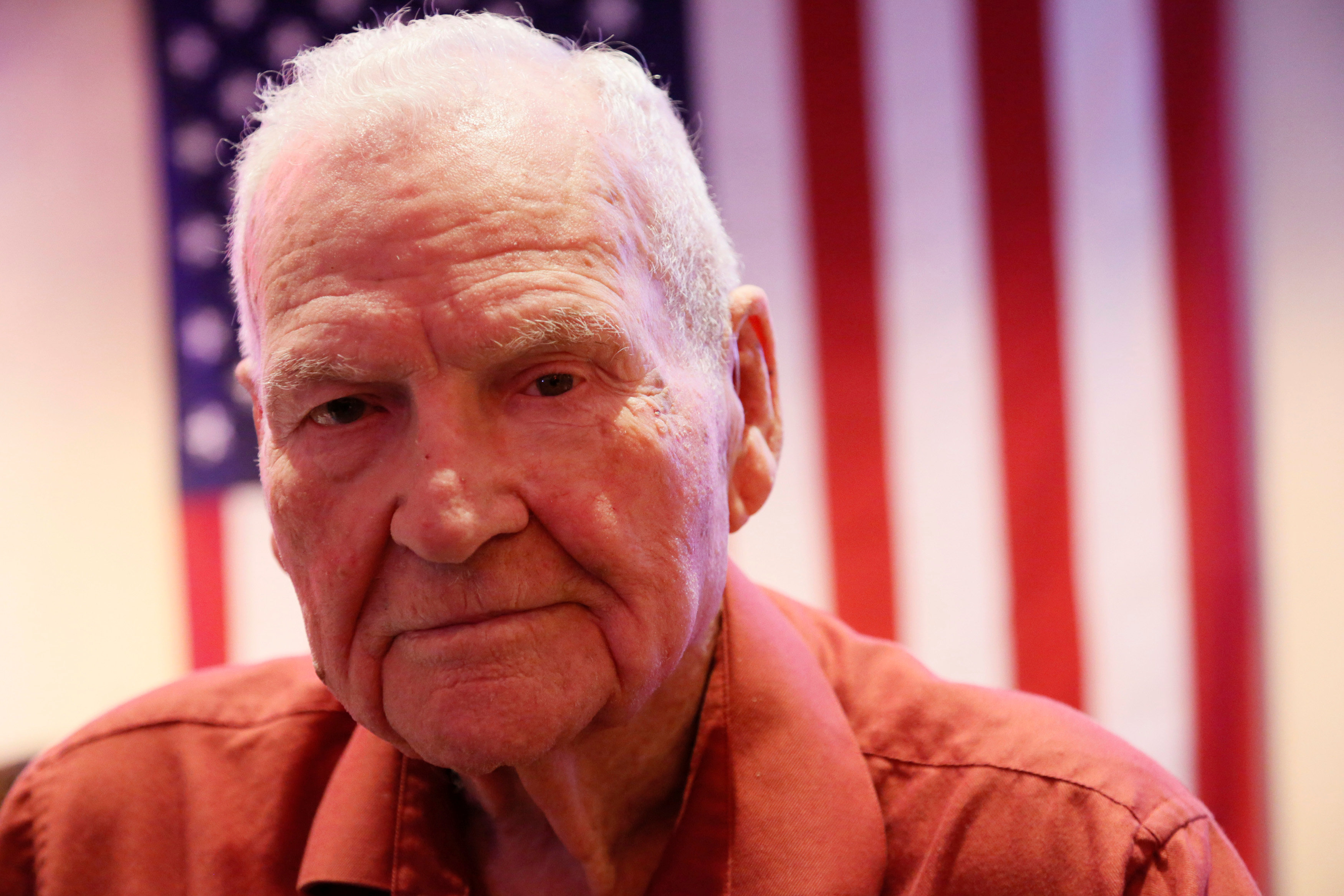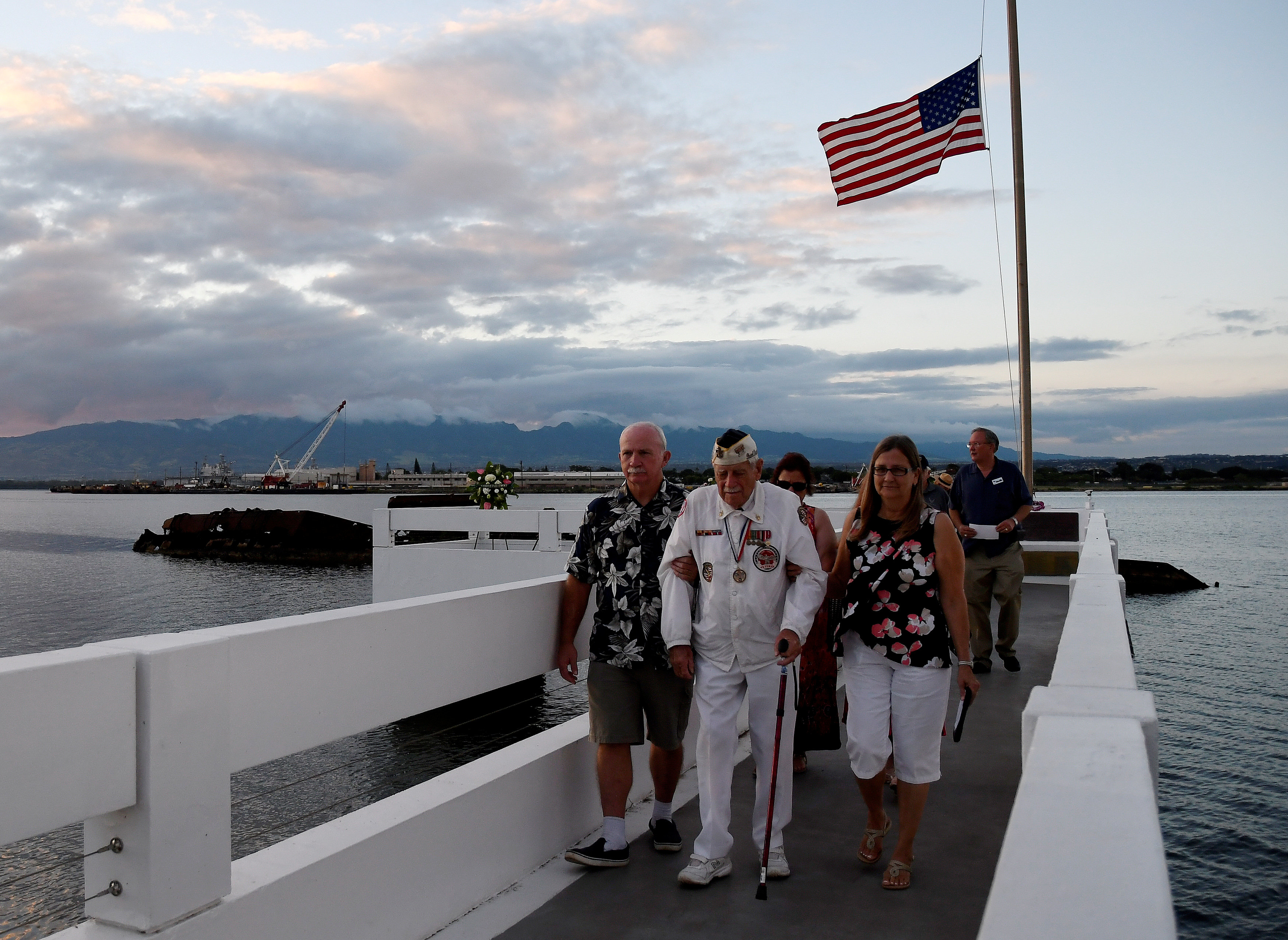
By Suleiman Al-Khalidi and Ellen Francis
AMMAN/BEIRUT (Reuters) – As the bombardment of Aleppo intensified in the days before the collapse of the city’s rebel enclave, Mahmoud Issa would try to comfort his terrified children.
“My small daughter would sleep with her hands over her ears … I would tell her ‘don’t be afraid, I am next to you.'”
Issa told Reuters there was another motive too. “What being close means of course is that we die together, so no one who stays alive would be sad about the others.”
Thousands of people trapped in eastern Aleppo faced cold, hunger, destitution and an uncertain wait to leave their city as refugees while government forces seized the last rebel pocket, a major prize in the Syrian war.
As reports spread of killings by government soldiers and allied militiamen, denied by Damascus, many were hit by the painful reality that they may never return home.
The battle for Aleppo had begun in 2012, a year after the uprising against President Bashar al-Assad, but it was only this summer that the army and allied Shi’ite militias backed by Russian air power besieged the rebels’ eastern zone.
On Nov. 24, the attackers made a sudden advance prompting retreats by the rebels that ended with their acceptance of a ceasefire and agreement to withdraw last Tuesday.
Despite the evacuation of around 10,000 people, many more remained stuck after the agreement broke down, hostage to complex negotiations between armed groups on each side.
Images from within the last rebel-held area in recent days showed crowds of people huddling around fires, clothes pulled tight against the bitter weather, seeking shelter among piles of rubble and twisted metal.
“NOBODY TO BURY THEM”
“All the residents were crammed in three or four districts. People were in the streets, so any mortar shell that fell caused a massacre. The dead needed somebody to bury them. There was nobody to bury them,” a man in his 40s who was evacuated from the city told Reuters.
Like others interviewed for this article, the man asked to remain anonymous for fear of reprisals.
On Wednesday, the area was pummelled by air strikes and artillery fire, a bombardment that reached a climax before midnight.
“The shells were falling around us at the rate of my breathing,” said Modar Shekho, a nurse whose father and brother were both killed by bombs in the last two weeks. He escaped Aleppo last week in a convoy to rejoin his family in the rebel-held countryside outside the city.
The White Helmets civil defense rescue group, which operates in Syria’s rebel-held areas, had suspended organized service after volunteers were scattered in the retreat and much of its equipment was lost or rendered useless by fuel shortages.
“We are working with our hands just to get people from under the rubble,” said Ibrahim Abu Laith, a civil defense official.
Bodies were lying in the streets, residents said.
Photographs sent by a medic showed a man in a field clinic picking his way between people lying on the floor under blankets in a corridor with blood smeared on the wall.
FAMILIES SEPARATED IN CHAOS
Most people had only a bag or two of possessions with them.
“Everyone in Aleppo has moved nearly ten times. There was no longer any place. Every time I move to a house it gets shelled,” said Adnan Abed al-Raouf, a former civil servant.
In the chaos, families were split up.
Wadah Qadour, a former construction foreman, described how a man carried his bleeding wife looking for help had failed to realize their daughter was not following behind — one of the families separated in the chaos.
“The girl was put in an orphanage,” said Qadour.
One Reuters photograph showed a mother cradling her child in a blanket as they sat by the side of a road beside rubble.
“It got dark outside. People squatted in the streets, and they started making fires to keep warm. Most people hid from the cold in open shops,” said Shekho, the nurse whose father and brother had died. “Thousands of families slept in the streets waiting for the buses to come back.”
Crowds attempted to reach buses on Thursday, when at least three convoys managed to leave Aleppo for the rebel-held areas in countryside to the west.
When vehicles arrived at midnight, everybody rushed for a place. “Each of us picked up his stuff and we went right away,” said Shekho. “Thousands of families were crowding into the buses.”
He managed to leave Aleppo. Still, thousands of people remain stranded, with estimates as high as tens of thousands.
“They were still waiting in the streets and it got really cold and the buses were late,” said another nurse in Aleppo.
REPORTS OF KILLINGS
Growing panic centered around unconfirmed reports of summary killings and other accusations of abuses by the army and its allies in captured areas.
Five people told Reuters about the same incident involving young men from their neighborhood in al-Kalasa who had fled into the basement of a clinic. They were not heard of again and their former neighbors were convinced they had been killed in the government advance.
Six other people from the Bustan al-Qasr quarter said they had been told by people who remain that the bodies of nine members of a family called Ajami had been found in a house.
Damascus and its allies – which include the Lebanese militia Hezbollah and the Iraqi militia Harakat al-Nujaba – have denied that any mass arrests or summary killings took place.
An elderly man told Reuters his identity card had been confiscated at a government check point and he was told to go to a school to collect it.
Once there, he and some younger men were put into a room. Soldiers told them they would be killed but at the last minute took him and some others out. Then they heard shooting from inside the room, he said.
Reuters was not able to verify the reports independently.
HARD CHOICES
For rebels trying to decide what to do in the face of defeat, fear for families and other civilians weighed heavily.
After vowing never to leave, rebels acknowledged they had no alternative as bombardments pounded residential areas.
They accepted the terms of a withdrawal set out in a U.S.-Russian proposal that offered them safe passage out of the city, after it was presented to them by U.S. officials, rebel officials said. But no sooner had they embraced the idea of surrendering, than Russia declared there was no deal.
Rebel commanders decided their only option was to fight to the death, said the commander of the Jabha Shamiya rebel group.
“They were very hard days, because we were responsible for civilians – women, children, the elderly,” said Abu Ali Saqour, speaking from eastern Aleppo.
Later that night, the army and its allies made another lightning advance, taking the Sheikh Saeed district after intense fighting and pushing the rebels back during the next day to a last tiny pocket.
New talks between Russia and Turkey, the main foreign supporter of the rebels, led to a new evacuation deal, but implementation would be halting at best, leaving thousands of people in limbo in freezing temperatures.
Yousef al Ragheb, a fighter from the Fastaqim rebel group, was ordered by his commanders to shred stacks of documents and dump equipment from a headquarters.
After hearing that the ceasefire was holding, Abdullah Istanbuli, a protester-turned-fighter, spent hours burning his belongings and smashing his furniture to prevent it being looted after he left. “We are burning our memories … No I don’t want any one to live in my house after me,” he said.
(Reporting by Suleiman al-Khalidi in Amman and Ellen Francis in Beirut. Additional reporting by Tom Perry and Lisa Barrington in Beirut. Writing by Angus McDowall in Beirut; Editing by Michael Georgy and Peter Millership)













